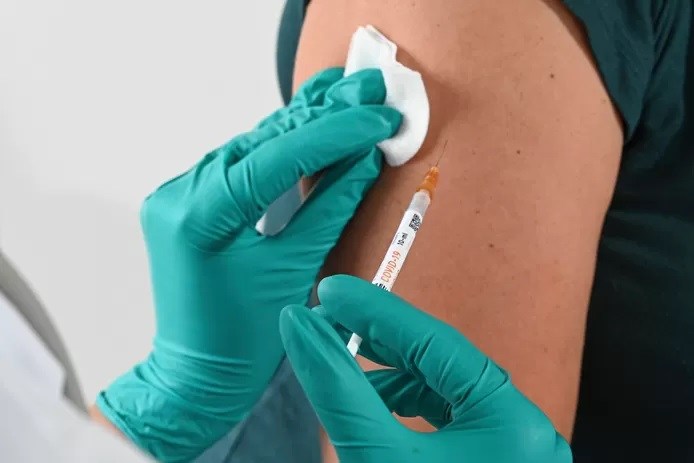Why are some people who have received the first dose of the AstraZeneca vaccine against Covid-19 told to come back after 12 weeks, while other have to wait only eight weeks to be fully vaccinated?
That’s the question facing the vaccination taskforce at the moment, as they find themselves faced with a paradox.
In the beginning, it was determined that once all the care home residents and workers and front-line medical staff had been vaccinated, it would be the turn of the elderly, and then those over 65, and at the same time people suffering from co-morbidities.
That essentially means anyone with a chronic condition that, if they were to contract Covid-19, would put them at risk of more serious outcomes than the average person of their age. Such conditions include obesity, high blood pressure and diabetes.
At the outset, Pfizer was the main vaccine on offer in Belgium, in part because it is made here. AstraZeneca encountered problems delivering the contracted quantities, and then the vaccine hit a wall: it was found to be causing blood clots in women under 54. Very few women, it has to be said, but enough to cause a scare.
In the meantime, a whole section of the population had received AstraZeneca, and had been told to come back after 12 weeks for a second dose.
Then two things happened.
Firstly, medical research revealed that a single dose of AstraZeneca offered ‘virtually no protection’ against the India variant of Covid-19, or the Delta variant as it is now known.
Then, the Belgian authorities decided to cut the delay between first and second doses from 12 to eight weeks – but only for those who received their first dose after 31 May, in other words those in a non-priority category, selected by age alone.
The consequence of that is that some priority cases will still the waiting for their second dose after non-priority cases have been fully vaccinated, against the Delta variant and Alpha, Beta and Gamma, too.
“Shortening the waiting time would be a logical step, but it is not straightforward,” said Professor Dirk Ramaekers of the taskforce. “We are doing everything we can to ensure that.” He did not explain what the problem might be, other than explaining the new date to those who have had their first dose – all of whose full details are presumably on record.
The original reason for prolonging the delay between doses was the uncertainty of supply of AstraZeneca. But that problem seems to be resolved with the expected delivery of 862,400 doses in the first three weeks of July.
“With these promised deliveries, it would indeed be possible to give a second dose more quickly,” said Prof Raemakers. “But it certainly won't be easy. We will do everything we can to make sure we can, and we are looking to see how we can do it technically."

